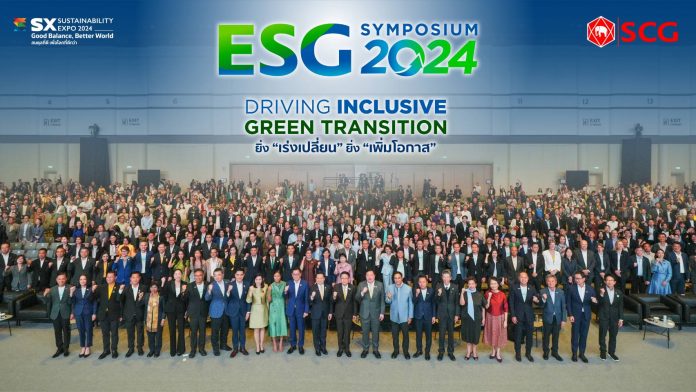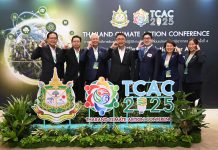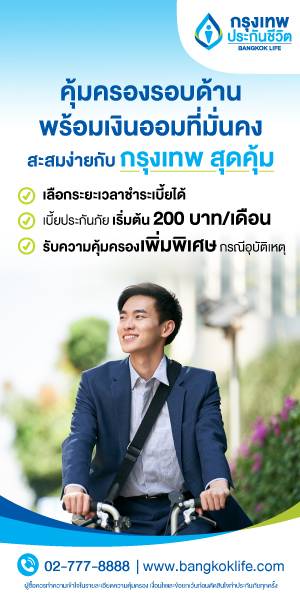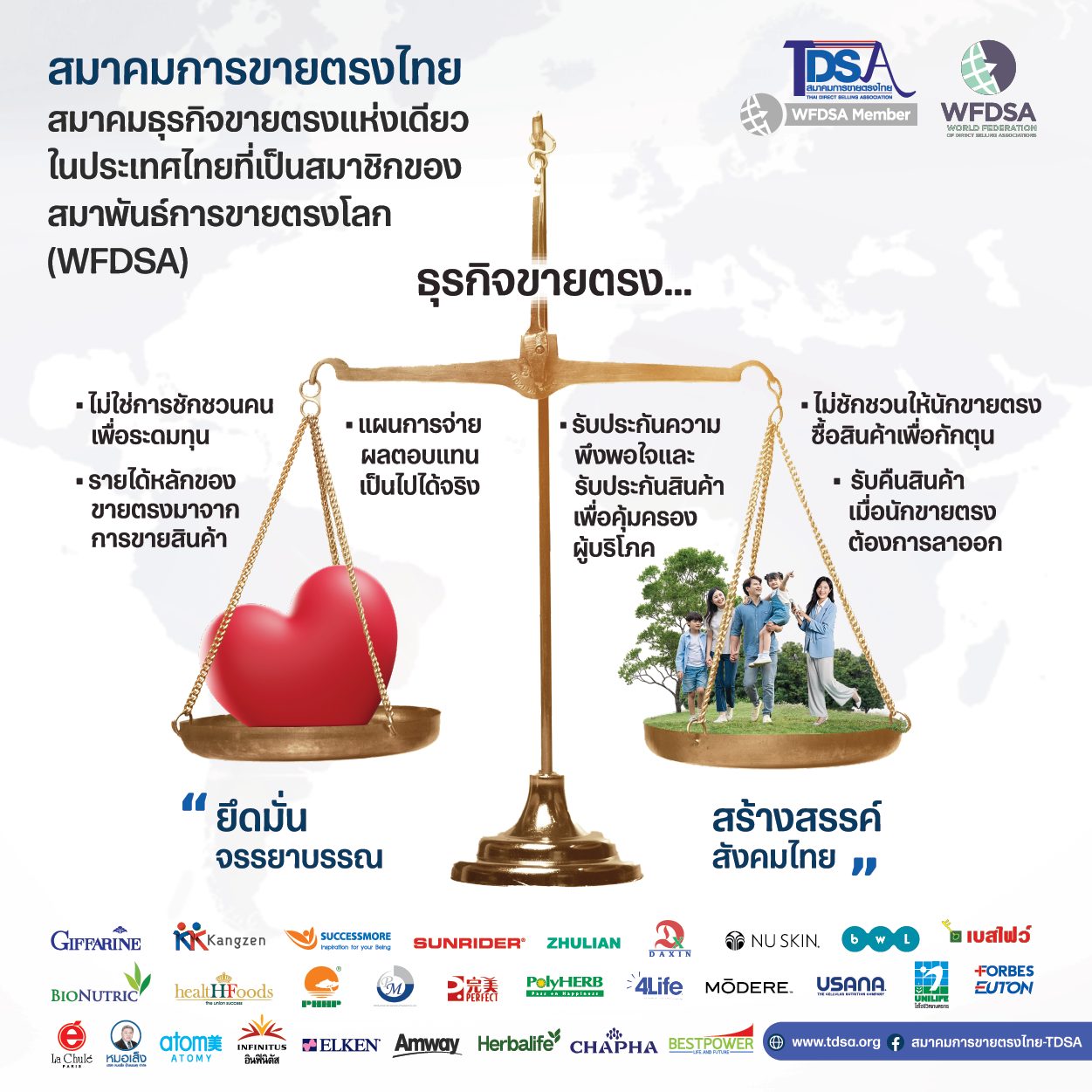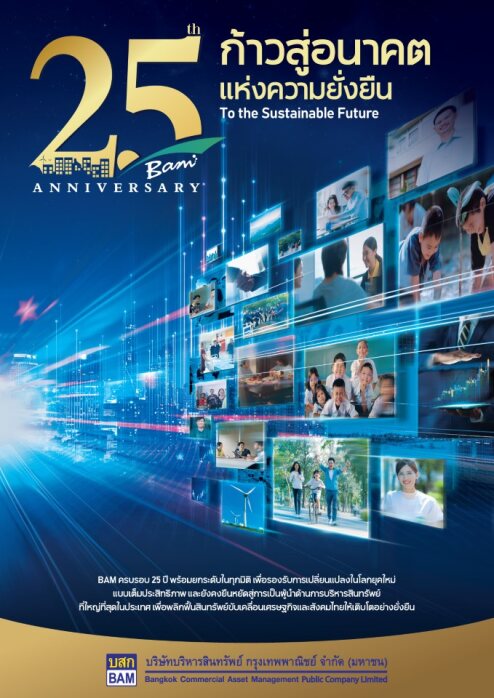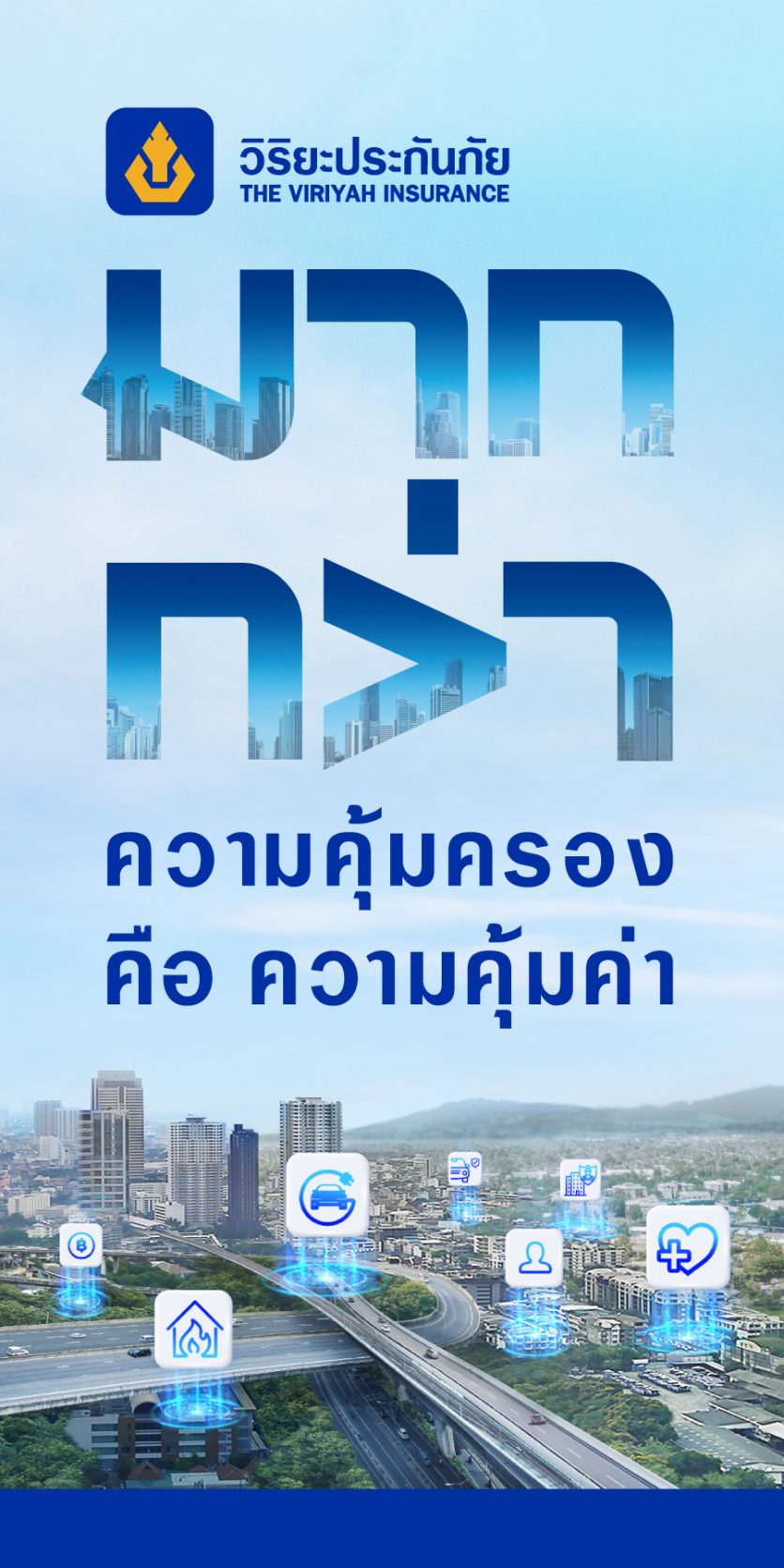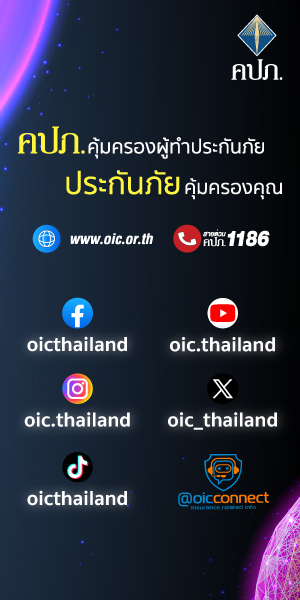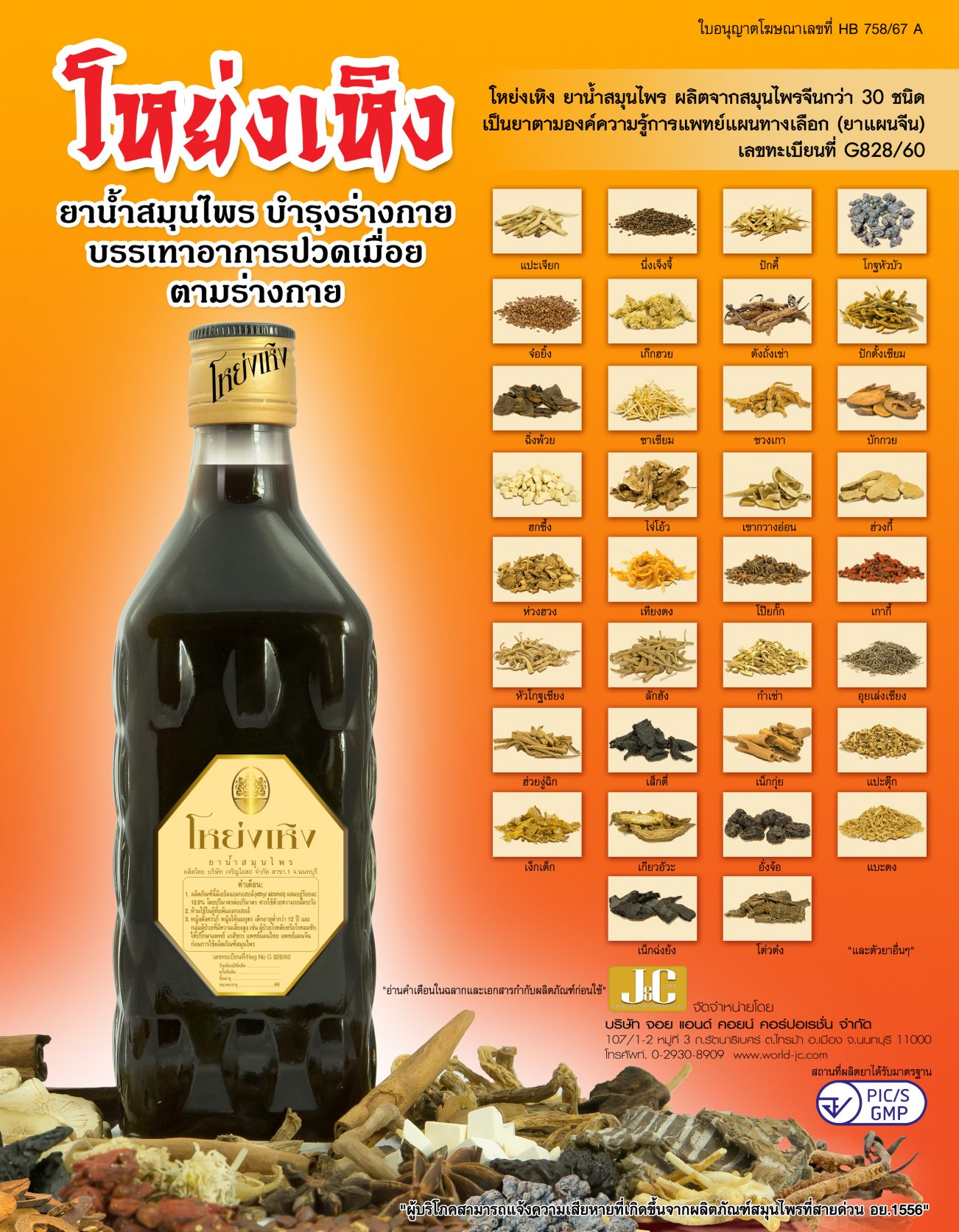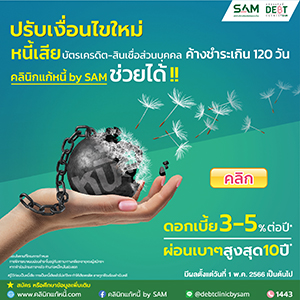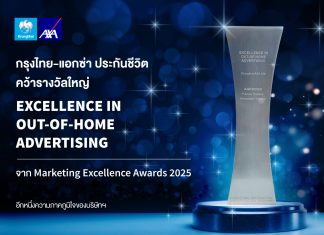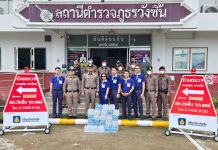รัฐบาลพร้อมผลักดันข้อเสนอเร่งเปลี่ยนประเทศไทยสู่สังคมคาร์บอนต่ำ เพิ่มโอกาส ชีวิตดี เศรษฐกิจโต สิ่งแวดล้อมยั่งยืน หลังรัฐ-เอกชน-ประชาสังคม กว่า 3,500 คน ร่วมแสดงพลังและระดมสมองในงาน ESG Symposium 2024 มุ่งเปลี่ยนผ่านสู่พลังงานสะอาดและระบบเศรษฐกิจหมุนเวียน ใช้ ‘สระบุรีแซนด์บ็อกซ์’ เป็นพื้นที่ทดลองสร้างสังคมคาร์บอนต่ำ โดยเร่งเดินหน้า 4 แนวทาง ได้แก่ ปลดล็อกกฎหมายและข้อกำหนด ผลักดันการเข้าถึงแหล่งเงินทุนสีเขียว พัฒนาเทคโนโลยีและโครงสร้างพื้นฐานสีเขียว หนุนการปรับตัว เสริมศักยภาพ SMEs รัฐบาลเชื่อมั่นพลังความร่วมมือจะขับเคลื่อนประเทศไทยให้เติบโตอย่างยั่งยืนและมีภูมิคุ้มกันต่อการเปลี่ยนแปลงของโลกในทุกมิติ
นายประเสริฐ จันทรรวงทอง รองนายกรัฐมนตรีและรัฐมนตรีว่าการกระทรวงดิจิทัลเพื่อเศรษฐกิจและสังคม ร่วมงาน ‘ESG SYMPOSIUM 2024: Driving Inclusive Green Transition ยิ่งเร่งเปลี่ยน ยิ่งเพิ่มโอกาส’ เมื่อวันที่ 30 กันยายน 2567 ณ ศูนย์การประชุมแห่งชาติสิริกิติ์ และรับฟังข้อเสนอร่วม-เร่ง-เปลี่ยนประเทศไทยสู่สังคมคาร์บอนต่ำ จากการระดมความคิดทุกภาคส่วน
นายธรรมศักดิ์ เศรษฐอุดม กรรมการผู้จัดการใหญ่ เอสซีจี กล่าวว่า “ตลอด 2 เดือนที่ผ่านมา ทุกภาคส่วนรวมกว่า 3,500 คน ร่วมแสดงพลังและระดมสมองเพื่อหาแนวทางร่วม-เร่ง-เปลี่ยนประเทศไทยสู่สังคมคาร์บอนต่ำ ต่อเนื่องจากการขับเคลื่อนในปีที่ผ่านมาซึ่งมีความคืบหน้าเป็นรูปธรรม ในงาน ‘ESG SYMPOSIUM 2024: Driving Inclusive Green Transition ยิ่งเร่งเปลี่ยน ยิ่งเพิ่มโอกาส’ และได้สรุปเป็นแนวทางนำเสนอต่อรัฐบาล เพื่อเร่งผลักดันให้เกิดขึ้น ผ่าน 2 ประเด็นหลัก ประกอบด้วย 1.) การเปลี่ยนผ่านสู่พลังงานสะอาด พร้อมกับผลักดันระบบเศรษฐกิจหมุนเวียน 2.) ใช้ ‘สระบุรีแซนด์บ็อกซ์’ เมืองต้นแบบคาร์บอนต่ำแห่งแรกของประเทศไทย เป็นพื้นที่ทดลองแก้ปัญหาข้อติดขัด ทั้งในเชิงนโยบาย ระบบอุตสาหกรรม การพัฒนาโครงสร้างพื้นฐานสีเขียว ควบคู่กับการไม่ทิ้งใครไว้ข้างหลัง โดยสรุปเป็น 4 ข้อเสนอ ดังนี้
ปลดล็อกกฎหมายและข้อกำหนด (Law & Regulations) โดยภาครัฐเร่งเปิดเสรีซื้อ-ขายไฟฟ้าพลังงานสะอาดด้วยระบบโครงข่ายไฟฟ้าอัจฉริยะ เพื่อให้ทุกภาคส่วนเข้าถึงง่ายขึ้น สำหรับโครงการพลังงานสะอาดขนาดใหญ่ กำหนดให้มีระบบกักเก็บพลังงานไฟฟ้า เพื่อความเสถียรยิ่งขึ้น ภาครัฐนำการจัดทำกฎหมายแม่บทว่าด้วยเศรษฐกิจหมุนเวียนครอบคลุมทั้งระบบ กระตุ้นการบริโภคอย่างยั่งยืน ส่งเสริมผู้ผลิตออกแบบผลิตภัณฑ์โดยใช้วัสดุทดแทนหรือวัสดุรีไซเคิล และจัดการของเสีย กำหนดมาตรการจูงใจ เช่น ลดภาษีหรือเงินสนับสนุน รวมทั้งสนับสนุนการวิจัยและพัฒนานวัตกรรมที่เกี่ยวข้อง ตลอดจนส่งเสริมนโยบาย ‘Green Priority’ ให้ความสำคัญกับการใช้สินค้าเป็นมิตรต่อสิ่งแวดล้อม โดยภาครัฐนำร่องจัดซื้อ จัดจ้าง เพื่อส่งเสริมการใช้สินค้ากรีนและสร้างระบบนิเวศ (Ecosystem) เข้มแข็ง
ผลักดันการเข้าถึงแหล่งเงินทุนสีเขียว (Green Finance) โดยสนับสนุนงบประมาณพัฒนาบุคลากรของผู้ประกอบการ เพื่อให้สามารถขึ้นทะเบียนคาร์บอน ที่เป็นมาตรฐานสากล และจัดตั้งหน่วยงานในประเทศให้สามารถรับรองมาตรฐานดังกล่าว ซึ่งจะช่วยลดต้นทุนการทำคาร์บอนเครดิต เพื่อนำไปขอเงินทุนสีเขียว โดยเอสซีจีพร้อมเป็นพี่เลี้ยงสนับสนุน และเป็นตัวกลางประสานความร่วมมือระหว่างภาคส่วนต่าง ๆ
พัฒนาเทคโนโลยีและโครงสร้างพื้นฐานสีเขียว (Technology & Green Infrastructure) โดยรัฐสนับสนุนการใช้และพัฒนาระบบกักเก็บพลังงานรูปแบบต่าง ๆ เช่น แบตเตอรี่กักเก็บความร้อน (Heat Battery) เพื่อเพิ่มประสิทธิภาพการใช้พลังงานหมุนเวียน ปรับปรุงโครงสร้างและผลักดันการใช้โครงสร้างพื้นฐานสีเขียวที่มีอยู่ให้เกิดประโยชน์สูงสุด เช่น นำพื้นที่ว่างมาใช้ประโยชน์ในการผลิตพลังงานสะอาด และปรับปรุงโครงสร้างพื้นฐานระบบสายส่งไฟฟ้าให้เพียงพอกับการเปลี่ยนผ่านสู่พลังงานสะอาด นอกจากนี้เร่งปรับปรุงระบบขนส่งสีเขียวครบวงจร ให้ใช้พลังงานสะอาดและประหยัดพลังงาน ลดต้นทุน ลดเวลา เช่น ใช้ระบบวิเคราะห์เส้นทาง วิเคราะห์การบรรทุกสินค้าที่เหมาะสม ตลอดจนเพิ่มประสิทธิภาพการคัดแยกขยะ ส่งเสริมการแยกขยะเปียกและขยะแห้ง โดยจัดตั้งศูนย์คัดแยกและจัดการขยะที่มีการนำเทคโนโลยีมาใช้อย่างเหมาะสม เช่น เทคโนโลยีการคัดแยก ระบบบำบัดและจัดการขยะเหลือทิ้ง
สนับสนุนการปรับตัว เสริมศักยภาพการแข่งขัน SMEs พัฒนาศักยภาพบุคลากรให้มีความรู้ความเข้าใจในการใช้พลังงานสะอาดเพื่อลดต้นทุน ส่งเสริมการนำนวัตกรรมและเทคโนโลยีมาประยุกต์ใช้ เช่น ปัญญาประดิษฐ์ (AI) หุ่นยนต์อัตโนมัติ (Automation) และสร้างเครือข่ายความร่วมมือระหว่างภาคส่วนต่าง ๆ เพื่อเพิ่มขีดความสามารถในการแข่งขันของ SMEs
“อย่างไรก็ตาม ข้อเสนอดังกล่าว จะเห็นผลเป็นรูปธรรมและเหมาะสมกับบริบทประเทศไทยยิ่งขึ้น หากรัฐบาลสนับสนุนการเดินหน้า ‘สระบุรีแซนด์บ็อกซ์’ ต้นแบบเมืองคาร์บอนต่ำ ต่อเนื่องจากปีที่แล้ว เพื่อเป็นพื้นที่ทดลอง บูรณาการความร่วมมือระหว่างภาครัฐ ภาคเอกชน และภาคประชาชน (Public–Private–People Partnership) และนำทั้ง 4 ข้อเสนอมาปฏิบัติในพื้นที่จริง ซี่งจะทำให้เห็นโอกาสและข้อจำกัด แนวทางแก้ไข โดยรัฐบาลส่งเสริมกระจายอำนาจการตัดสินใจและการดำเนินงานสู่หน่วยงานในระดับพื้นที่ เพื่อลดขั้นตอนและความไม่ชัดเจนในการดำเนินโครงการต่าง ๆ ซึ่งจะทำให้การขับเคลื่อนทุกด้านมีความรวดเร็วยิ่งขึ้น และจะเป็นโอกาสขยายผลไปสู่จังหวัดอื่น ๆ ทั่วประเทศในอนาคต”
นายธรรมศักดิ์ กล่าวต่อว่า “คณะจัดงานขอขอบคุณท่านรองนายกรัฐมนตรีและรัฐมนตรีว่าการกระทรวงดิจิทัลเพื่อเศรษฐกิจและสังคมที่ให้เกียรติมาร่วมงาน และรับฟังข้อเสนอจากพวกเราทุกภาคส่วนในวันนี้ เพื่อสร้างสังคมที่ยั่งยืนและมีศักยภาพทางการแข่งขันสอดคล้องกับนโยบายของรัฐบาลที่ให้ความสำคัญในเรื่องนี้มาโดยตลอด ขอขอบคุณผู้มีส่วนเกี่ยวข้องทุกท่านที่สละเวลา ทุ่มเท มุ่งมั่นแก้ปัญหาอย่างบูรณาการตลอดมา เอสซีจีและพันธมิตรทุกภาคส่วนหวังเป็นอย่างยิ่งว่าจะได้รับการสนับสนุนจากรัฐบาล เพื่อให้สามารถขับเคลื่อนข้อเสนอข้างต้นไปสู่การปฏิบัติอย่างจริงจัง”
นายประเสริฐ จันทรรวงทอง รองนายกรัฐมนตรีและรัฐมนตรีว่าการกระทรวงดิจิทัลเพื่อเศรษฐกิจและสังคม กล่าวว่า “ข้อเสนอในวันนี้ รัฐบาลจะรับไป สิ่งใดที่สามารถทำได้จะประสานงานโดยเร็ว สิ่งใดต้องการความร่วมมือกับส่วนที่เกี่ยวข้อง เรายินดีที่จะแลกเปลี่ยนความรู้กัน นอกจากสิ่งที่รัฐจะทําแล้ว ภาคธุรกิจเองจะต้องปรับตัว แสวงหาโอกาส และเสริมสร้างขีดความสามารถในการตอบสนองต่อเป้าหมาย Net Zero โดยบูรณาการมาตรการเพื่อความยั่งยืน หรือ ESG เพื่อสร้างการเติบโตที่มีคุณภาพ เป็นมิตรต่อสิ่งแวดล้อม และสามารถแข่งขันได้อย่างยั่งยืน เราทุกคนจะร่วมกันเปลี่ยนความท้าทาย แรงกดดัน และข้อจํากัด เป็นพลังในการขับเคลื่อนประเทศไทยให้เติบโตอย่างยั่งยืนและมีภูมิคุ้มกันต่อการเปลี่ยนแปลงของโลกในทุกมิติ การมีส่วนร่วมจากทุกภาคส่วน คือหัวใจแห่งความสําเร็จ รัฐบาลจะเร่งขับเคลื่อนทุก ๆ นโยบายสําคัญ เพื่อสนับสนุนการเปลี่ยนผ่านระบบเศรษฐกิจและสังคมไทยไปสู่การเจริญเติบโตอย่างสมดุลและยั่งยืน โดยไม่ทิ้งใครไว้ข้างหลัง”
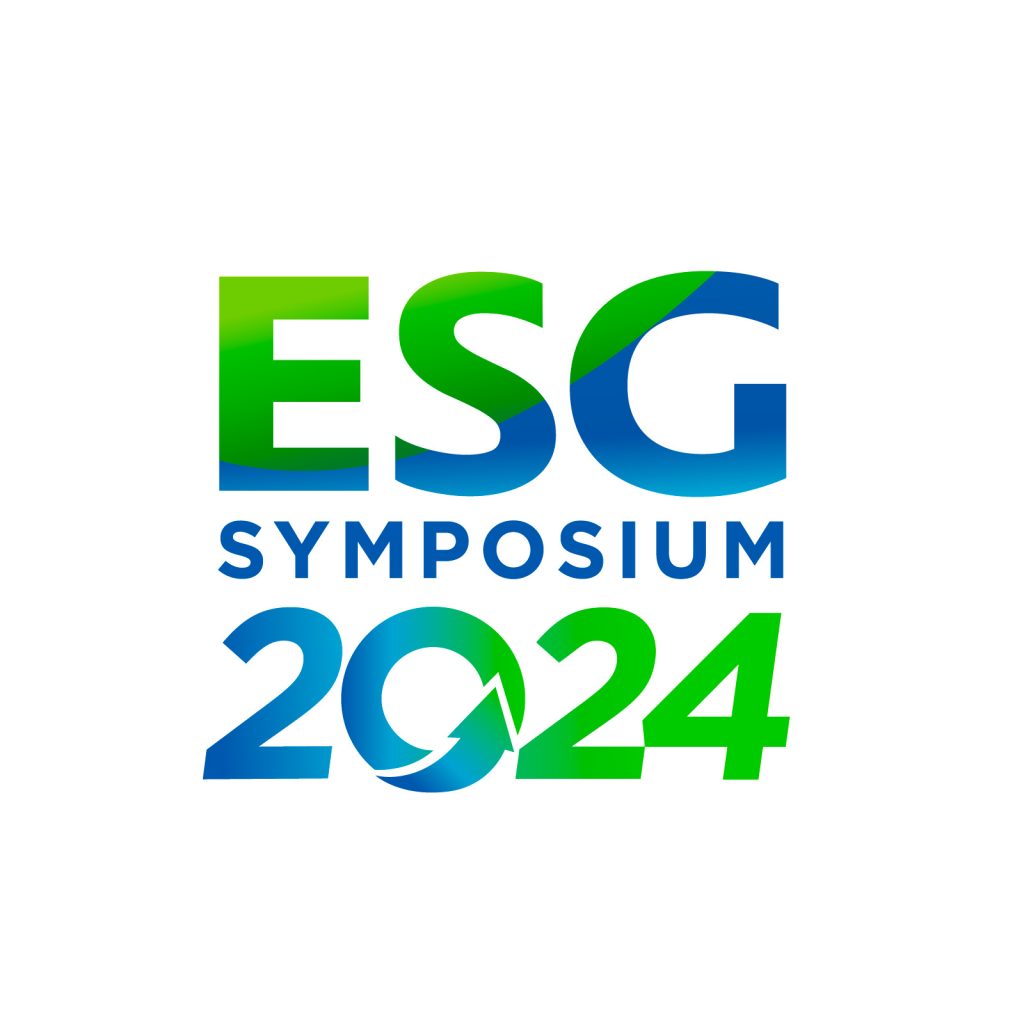
งาน ‘ESG SYMPOSIUM 2024: Driving Inclusive Green Transition ยิ่งเร่งเปลี่ยน ยิ่งเพิ่มโอกาส’ จัดขึ้นวันที่ 30 กันยายน 2567 ณ Hall 1 ชั้น G ศูนย์การประชุมแห่งชาติสิริกิติ์ เวลา 11.00-16.30 น. โดยมีผู้เข้าร่วมงานจากทุกภาคส่วน และมีวิทยากรระดับโลกร่วมแบ่งปันประสบการณ์และตัวอย่างที่หลากหลายในการเปลี่ยนประเทศสู่สังคมคาร์บอนต่ำ พร้อมชมนิทรรศการจำลองการใช้ชีวิตแบบโลว์คาร์บอน ดูรายละเอียดเพิ่มเติมที่ www.scg.comhttp://www.scg.com
All Sectors Join Forces to Present 4 Proposals to the Government
for Accelerating Thailand’s Transition to Low-Carbon Society at ESG Symposium 2024
Bangkok, 30 September 2024 – The government is ready to push forward the proposals to accelerate Thailand’s transition towards a low-carbon society, enhancing opportunities for a better quality of life, economic growth, and environmental sustainability. This follows the collaboration of over 3,500 representatives from the government, private sector, and civil society at the ESG Symposium 2024. The proposal aimed to accelerate the transition towards clean energy and a circular economy, using the ‘Saraburi Sandbox’ as a pilot project to create Thailand’s low-carbon society. The plan emphasizes four key approaches: unlocking legal and regulatory barriers, promoting access to green finance, developing technology and green infrastructure, and strengthening SMEs’ adaptability and capability. The government firmly believes that the power of collaboration will drive Thailand towards sustainable growth and resilience in the face of global changes across all dimensions.
Prasert Jantararuangtong, Deputy Prime Minister and Minister of Digital Economy and Society, attended the ‘ESG SYMPOSIUM 2024: Driving Inclusive Green Transition’, held on 30 September 2024 at Queen Sirikit National Convention Center, where he listened to proposals aimed at transitioning Thailand to a low-carbon society, based on the collective input from all sectors.
Thammasak Sethaudom, President & CEO of SCG, said, “Over the past two months, more than 3,500 representatives from all sectors have united their efforts and ideas to identify strategies to urgently drive Thailand towards a low-carbon society, building on the momentum from last year’s progress, which has led to tangible results. This took place at the ‘ESG SYMPOSIUM 2024: Driving Inclusive Green Transition,’ where key recommendations were compiled and presented to the government to expedite implementation through two main areas: 1) Transitioning to clean energy while promoting a circular economy; and 2) Utilizing the ‘Saraburi Sandbox,’ Thailand’s first low-carbon model city, as a pilot area to address policy, industrial system, and green infrastructure challenges while ensuring no one is left behind. These initiatives have been summarized into four key proposals as follows:”
• Unlocking Legal & Regulatory Barriers: The government should expedite the liberalization of clean energy trading through grid modernization, enabling all sectors to access clean energy more easily. For large-scale clean energy projects, energy storage systems should be required to enhance stability. The government should also introduce a comprehensive master law on the circular economy, covering the entire system to encourage sustainable consumption. This includes promoting manufacturers to design products using alternative or recycled materials and to manage waste effectively. Incentive measures, such as tax reductions or subsidies, should be implemented along with support for research and development of related innovations. Furthermore, the government should promote the ‘Green Priority’ policy, emphasizing the use of environmentally friendly products, starting with public sector procurement to foster the adoption of green products and create a robust ecosystem.
• Promoting Access to Green Finance: The government should support budget allocations for the development of human resources in businesses to enable them to obtain international carbon certification standards. Additionally, domestic agencies should be established to certify such standards, helping to reduce the costs associated with carbon credits. SCG is ready to act as a mentor, providing support and serving as a liaison to foster cooperation between various sectors.
• Upgrading Technology & Green Infrastructure: The government should support the use and development of energy storage systems, such as heat batteries, to enhance the efficiency of renewable energy use. Existing infrastructure should be improved and green infrastructure should be utilized to its fullest potential, such as repurposing unused spaces for clean energy production. The power grid infrastructure should also be upgraded to support the transition to clean energy. In addition, efforts should be made to upgrade the comprehensive green logistics system to utilize clean and energy-efficient solutions, reducing costs and time through measures such as route optimization and appropriate cargo loading systems. Furthermore, the efficiency of waste sorting should be improved by promoting the separation of wet and dry waste. This can be achieved by establishing sorting and waste management centers that incorporate appropriate technologies, such as waste separation technologies and waste treatment systems.
• Strengthening SMEs’ Adaptability and Capability: Efforts should focus on developing the workforce’s knowledge and understanding of clean energy to reduce costs. Additionally, promoting the adoption of innovations and technologies, such as Artificial Intelligence (AI) and Automation, will help enhance SMEs’ competitiveness. Building collaborative networks between different sectors is also essential to further boost the competitive edge of SMEs.
“However, these proposals will yield more tangible results and be better suited to Thailand’s context if the government continues to support the ‘Saraburi Sandbox,’ the low-carbon model city, by building on last year’s efforts. This initiative serves as a testing ground, incorporating Public-Private-People Partnership to implement the four proposals in a real-world setting. This approach will help identify opportunities, limitations, and solutions. The government’s promotion of decentralizing decision-making and operations to local agencies will reduce procedural steps and ambiguities in project implementation, accelerating progress across all fronts. This will create opportunities to expand the model to other provinces nationwide in the future.”
Thammasak continued, “The organizing committee would like to thank the Deputy Prime Minister of Thailand and the Minister of Digital Economy and Society for honoring us with his presence today and for listening to the proposals from all sectors to build a sustainable and high-potential society in line with the government’s ongoing focus on this matter. Additionally, I would like to thank all stakeholders for dedicating their time, effort, and commitment to solving these issues in an integrated manner. SCG and all its partners truly hope to receive the government’s support to turn these proposals into concrete action.”
Deputy Prime Minister of Thailand and Minister of Digital Economy and Society Prasert Jantararuangtong, said, “The government will take today’s proposals into consideration. For matters that can be promptly acted upon, we will coordinate immediately. For those requiring collaboration with relevant parties, we are open to knowledge exchange. In addition to what the government will do, the business sector must also adapt, seek opportunities, and enhance its capacity to meet the net zero goal by integrating sustainability measures or ESG principles. This will foster quality growth that is environmentally friendly and sustainably competitive. We all must work together to turn challenges, pressures, and constraints into the driving force that will propel Thailand towards sustainable growth and resilience in the face of global changes across all dimensions. Collaboration from all sectors is the key to success. The government will urgently push forward all key policies to support Thailand’s economic and social transition towards balanced and sustainable growth, ensuring that no one is left behind.”
The ‘ESG SYMPOSIUM 2024: Driving Inclusive Green Transition’ was held on 30 September 2024, at Hall 1, G Floor, Queen Sirikit National Convention Center, from 11:00 a.m. to 4:30 p.m. The event brought together participants from all sectors and featured world-renowned speakers who shared diverse experiences and examples of transitioning towards a low-carbon society. Attendees also had the opportunity to explore exhibitions showcasing low-carbon living. For more information, please visit www.scg.com.



